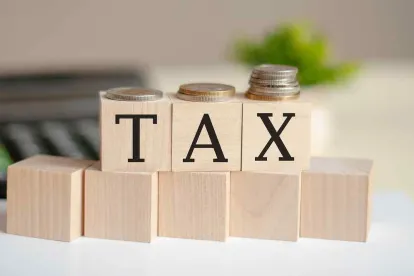Earlier this year, the Department of Justice filed the first criminal indictment of promoters, appraisers and accountants connected to an alleged scheme to create syndicated conservation easements. The move followed increased scrutiny on taxpayer use of conservation easements to reduce tax liability by the IRS and Congress. Despite this recent indictment, the federal government has long warned against the use of so-called “abusive” syndicated conservation easements with the inclusion on the IRS’s annual “Dirty Dozen” list of tax scams in 2019.
But even beginning in 2016, the IRS designated “syndicated” conservation easements as potential tax-avoidance schemes and required taxpayers to turn over additional documentation in support of related deductions. Then, following an investigation into promoters of these transactions, the Senate Committee on Finance condemned the “abusive” method that it estimated cost over $10 billion in unpaid taxes.
Private conservation has long been a critical tool in protecting environmentally and historically important land. The federal government has encouraged this practice by allowing taxpayers to claim noncash charitable tax deductions for donations of perpetual conservation easements. These easements further conservation efforts by restricting the development or use of land.
Over the last decade, the use of these easements has increased dramatically as promoters promised investors willing to pay “returns” that seemed too good to be true and, at times, offering to at least double their investment with the tax value of the deduction. As the strategy became more well-known and claimed deductions multiplied exponentially, conservation easements grabbed headlines and raised the attention of the IRS and the Department of Justice. In the 2022 Dirty Dozen list, the IRS revealed that it had examined “hundreds of syndicated conservation easement deals where tens of billions of dollars of deductions were improperly claimed.”
Now, the Inflation Reduction Act’s additional $45.6 billion in tax enforcement funds is expected to further the IRS’s efforts to examine syndicated conservation easements nationwide. The IRS has said it will either audit or intends to audit over 80 percent of the partnerships involved in promoting syndicated conservation easements. These audits represent a significant undertaking. Between 2010 and 2017, the IRS estimates that syndicated conservation-easement transactions led to nearly $27 billion in charitable deductions for investors. Where audits reveal possible fraud, additional criminal investigations may be initiated and lead to referrals to the Department of Justice for prosecution.
Both investors and advisors on conservation easement deals should be prepared for increased scrutiny by the IRS as it continues to look closely at these transactions. Proper documentation of any conservation easement is key and should be retained both by investors and those who advised investors on the deals. Those individuals who invested in conservation easements and took tax deductions should be proactive in reviewing the records underlying any conservation easement, including relevant tax returns and documentation supporting claimed deductions, to determine whether to consult with experienced counsel prior to a government inquiry.






 />i
/>i
